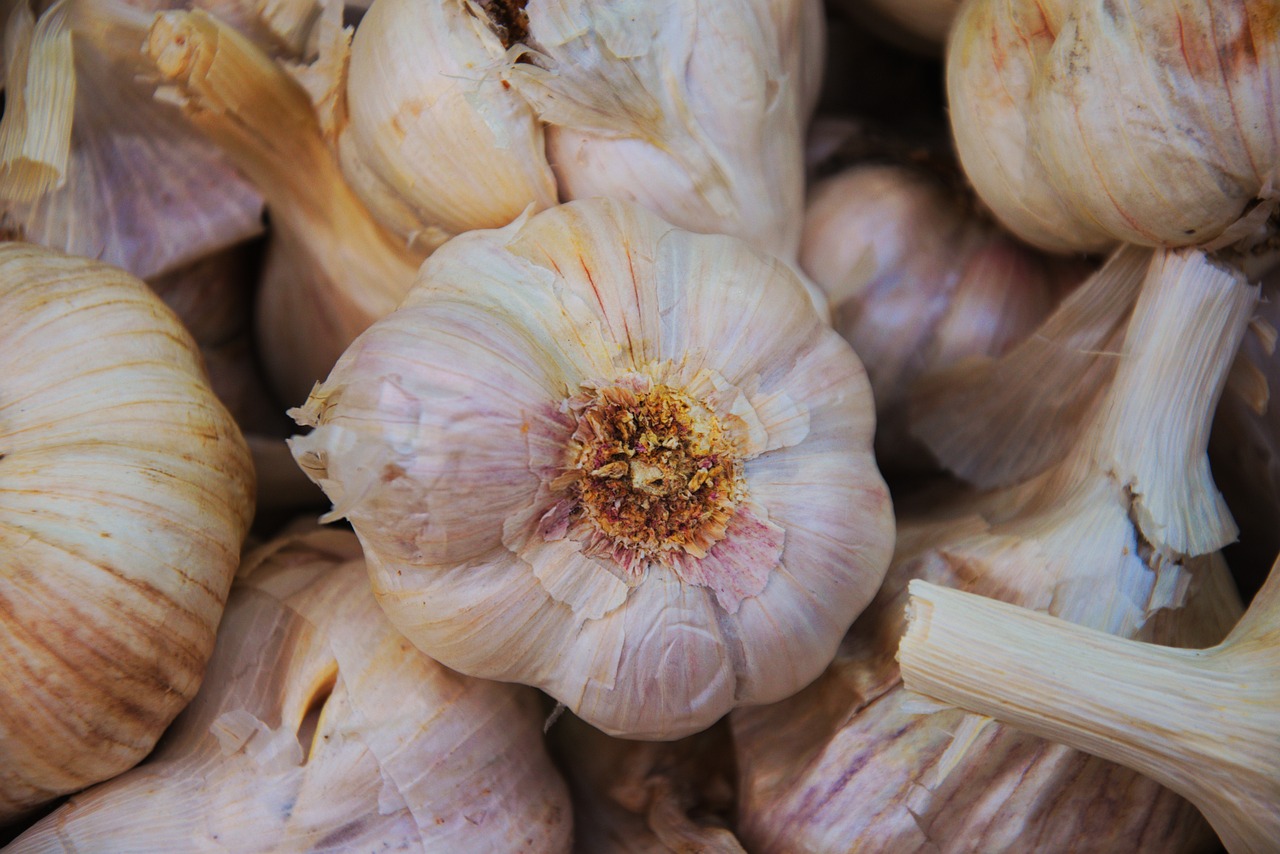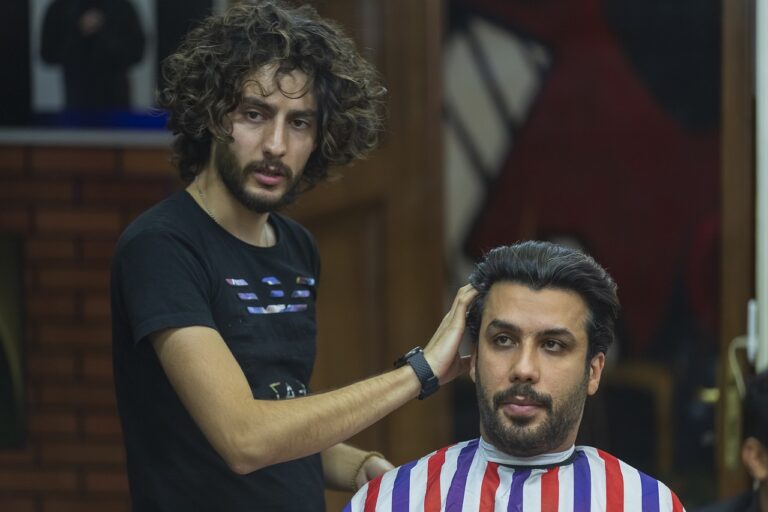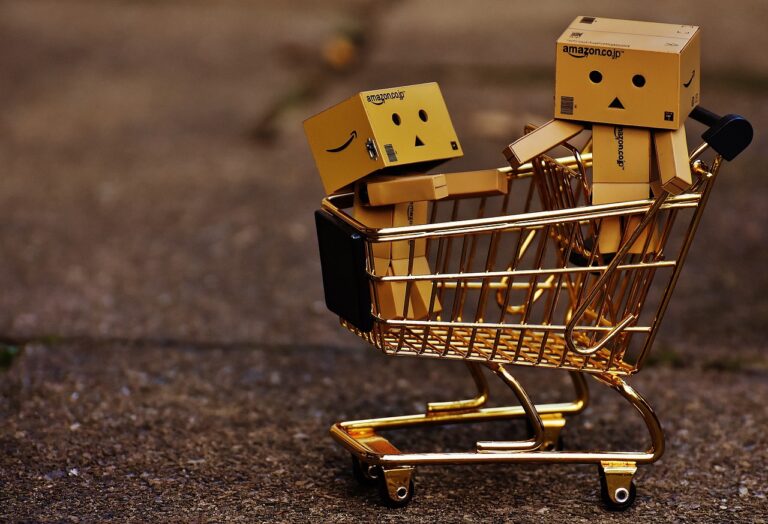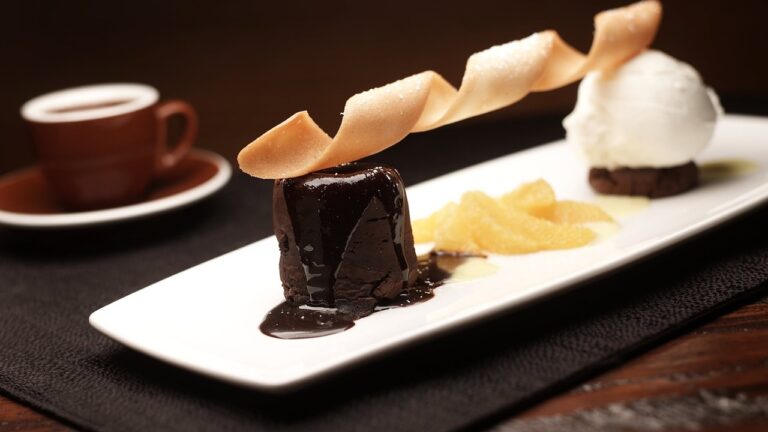The Impact of Influencer Marketing on Beauty Product Sales
In recent years, influencer marketing has become a powerful tool for beauty brands looking to increase their product sales and reach a wider audience. With the rise of social media platforms like Instagram and YouTube, influencers have become key players in the beauty industry, acting as brand ambassadors and driving consumer demand for beauty products. In this article, we will explore the impact of influencer marketing on beauty product sales, analyzing the strategies used by brands and the effectiveness of influencer partnerships.
What is Influencer Marketing?
Influencer marketing is a form of social media marketing that involves endorsements and product placements from influencers, individuals who have a dedicated social following and are viewed as experts within their niche. In the beauty industry, influencers can range from makeup artists and beauty bloggers to celebrities and social media personalities.
How Does Influencer Marketing Impact Beauty Product Sales?
One of the main ways influencer marketing impacts beauty product sales is through increased brand awareness. By partnering with influencers who have a large and engaged following, beauty brands can reach a wider audience and generate buzz around their products. Influencers often create content that showcases the benefits of using a particular beauty product, leading to increased interest and sales.
Another way influencer marketing impacts beauty product sales is through social proof. When consumers see influencers using and recommending a product, they are more likely to trust the brand and make a purchase themselves. Influencers serve as trusted authorities in the beauty space, and their recommendations can influence consumer purchasing decisions.
Additionally, influencer marketing can drive traffic to a brand’s website or physical stores. Influencers often include links to the products they are promoting in their social media posts, allowing followers to easily click through and make a purchase. This can lead to a direct increase in sales for beauty brands.
Strategies for Successful Influencer Marketing Campaigns
There are several key strategies that beauty brands can employ to ensure the success of their influencer marketing campaigns:
1. Identify the Right Influencers
It’s important for brands to choose influencers who align with their brand values and target audience. Look for influencers who have a strong engagement rate and a loyal following in the beauty niche.
2. Set Clear Goals
Before launching an influencer marketing campaign, brands should define their goals and key performance indicators (KPIs). Whether it’s increasing brand awareness, driving website traffic, or boosting sales, having clear objectives will help measure the success of the campaign.
3. Create Authentic Content
Authenticity is key when it comes to influencer marketing. Encourage influencers to create genuine, engaging content that resonates with their followers and showcases the benefits of the beauty products being promoted.
4. Track Performance
It’s essential for brands to track the performance of their influencer marketing campaigns. Utilize analytics tools to measure engagement, click-through rates, and sales conversions to determine the effectiveness of the campaign.
5. Build Long-Term Relationships
Building long-term relationships with influencers can lead to more successful campaigns and a loyal brand ambassador. By fostering partnerships with influencers, brands can create a consistent presence in the minds of consumers.
6. Measure ROI
It’s important for brands to measure the return on investment (ROI) of their influencer marketing efforts. Calculate the revenue generated from the campaign and compare it to the cost of partnering with influencers to determine the effectiveness of the strategy.
The Future of Influencer Marketing in the Beauty Industry
As the beauty industry continues to evolve, influencer marketing is expected to play an even larger role in driving product sales and brand awareness. With consumers increasingly turning to social media for beauty inspiration and recommendations, influencers will continue to act as trusted sources of information and influence.
Beauty brands that embrace influencer marketing and adapt to the changing landscape of social media will be poised for success in the competitive beauty market. By leveraging the power of influencers, brands can connect with consumers on a personal level and drive sales in an authentic and engaging way.
FAQs
1. How effective is influencer marketing in the beauty industry?
Influencer marketing has proven to be highly effective in the beauty industry, driving brand awareness, product sales, and consumer engagement.
2. How can I measure the success of my influencer marketing campaigns?
Utilize analytics tools to track key performance indicators such as engagement rates, click-through rates, and sales conversions to measure the effectiveness of your influencer campaigns.
3. What are some common pitfalls to avoid in influencer marketing?
Some common pitfalls to avoid in influencer marketing include partnering with influencers who do not align with your brand values, faking authenticity in sponsored content, and neglecting to measure the ROI of your campaigns.
4. What trends are emerging in influencer marketing in the beauty industry?
Some emerging trends in influencer marketing in the beauty industry include the rise of micro-influencers, an increased focus on diversity and inclusivity, and the use of video content on platforms like TikTok and Instagram Reels.
5. How can I build long-term relationships with influencers?
To build long-term relationships with influencers, focus on cultivating authentic partnerships, providing value to influencers beyond monetary compensation, and communicating openly and transparently with your partners.
By following these tips and strategies, beauty brands can harness the power of influencer marketing to drive sales, increase brand awareness, and connect with consumers in a meaningful way.







